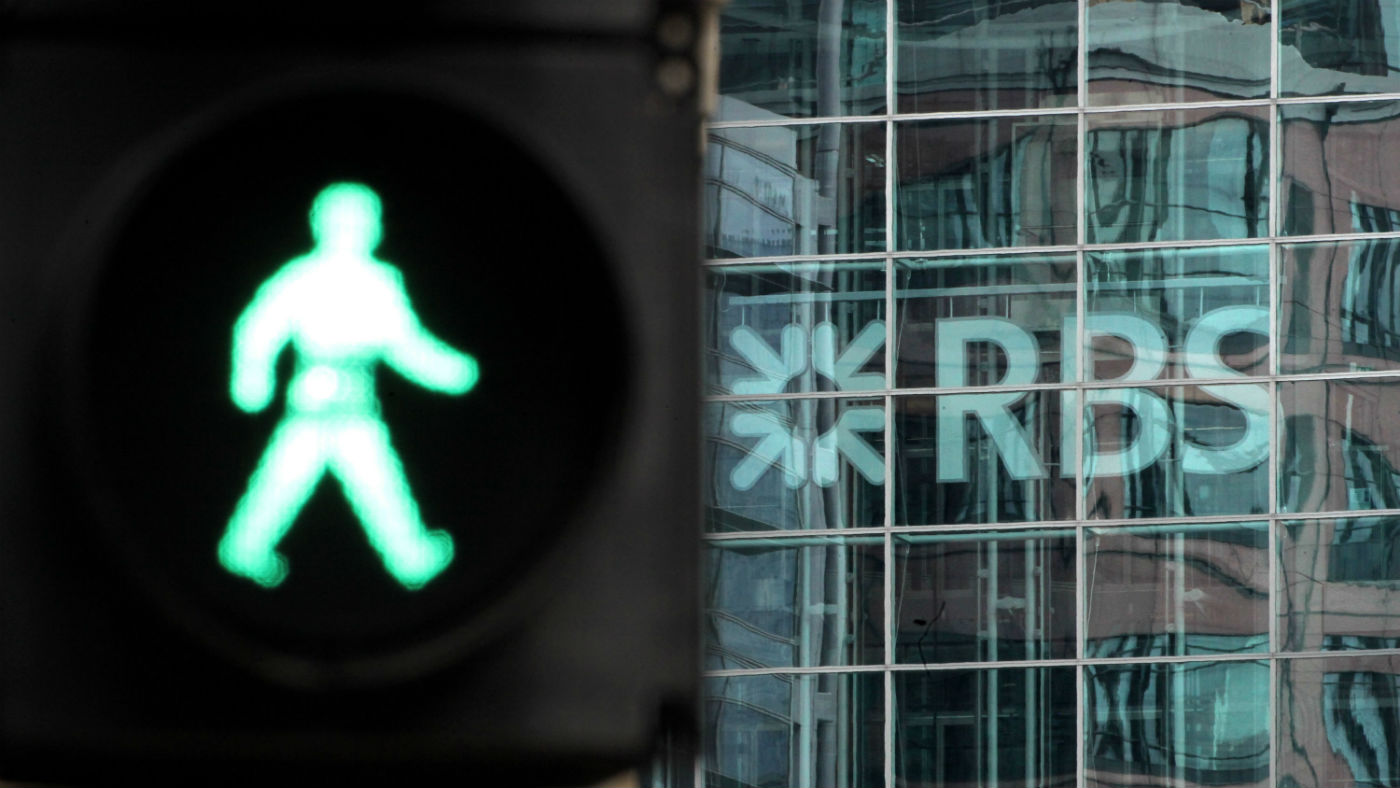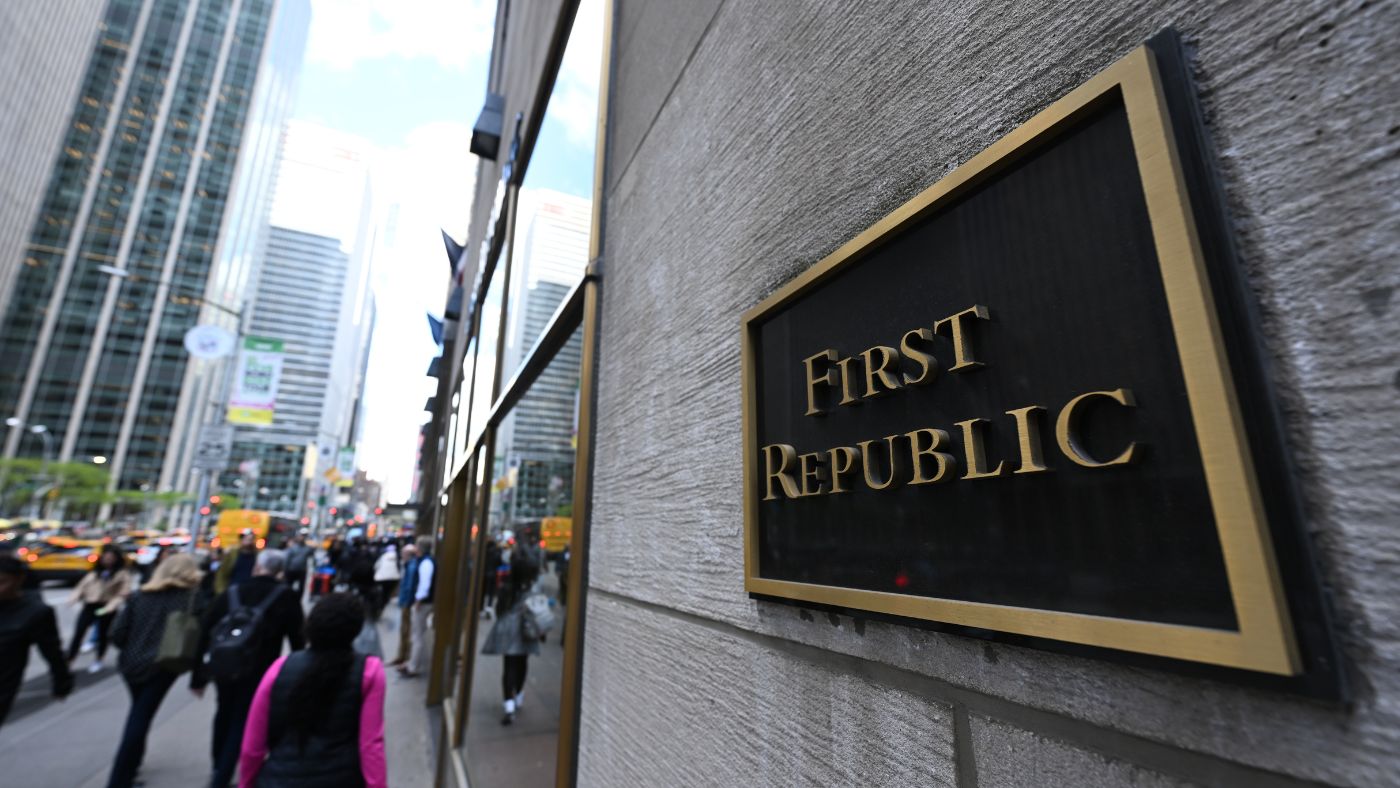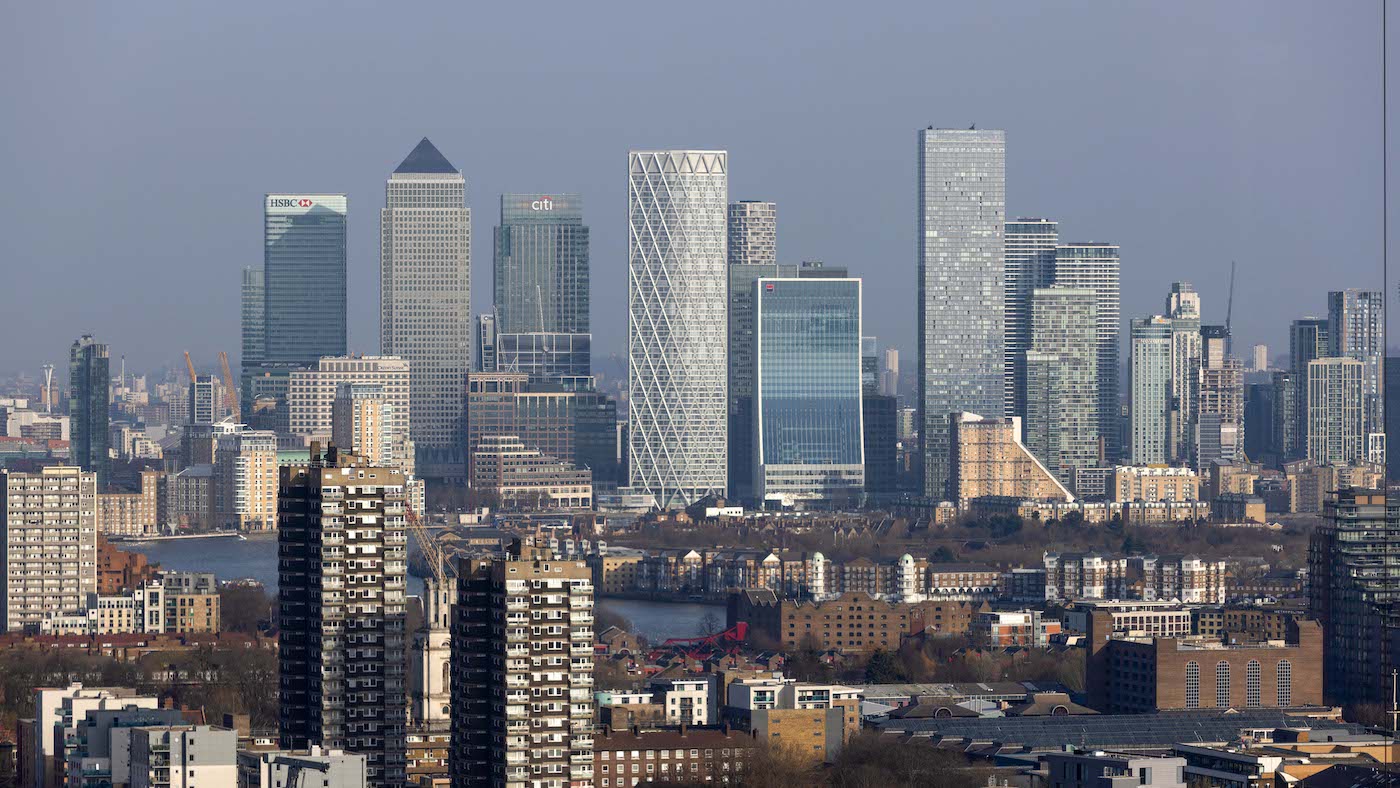RBS set for biggest privatisation in UK history
US regulators impose $4.9bn penalty and pave way for Government to sell its 70% stake

A free daily email with the biggest news stories of the day – and the best features from TheWeek.com
You are now subscribed
Your newsletter sign-up was successful
The long-awaited sell-off of Royal Bank of Scotland is to get the green light from the Treasury after the bank agreed a penalty from the US regulator for selling toxic mortgage bonds in the run-up to the financial crisis.
US regulators handed RBS a $4.9bn (£3.6bn) penalty, more than the $3.6bn (£2.7bn) contingency fund set aside to pay the fine, but less than many experts had predicted.
The fine means the way is now clear for the Government to begin selling off its 71% stake in the bank it nationalised at the height of the financial crisis in 2008.
The Week
Escape your echo chamber. Get the facts behind the news, plus analysis from multiple perspectives.

Sign up for The Week's Free Newsletters
From our morning news briefing to a weekly Good News Newsletter, get the best of The Week delivered directly to your inbox.
From our morning news briefing to a weekly Good News Newsletter, get the best of The Week delivered directly to your inbox.
Jane Sydenham, investment director at Rathbones, said the deal with US regulators represents “an important turning point” for the bank. "It... puts the Treasury in a much clearer position to sell their stake, as buyers would be reluctant if there were still significant fines to pay,” he said.
BBC business editor Simon Jack agreed the financial penalty for RBS’s role in the crisis had been the “last obstacle” standing in the way of selling the Government’s enormous stake back to the private sector in what will be “the biggest privatisation in UK history”.
The question which could determine whether the sell-off is deemed a success is how much the Treasury will make from the sale. Will taxpayers get all their money back ten years on from nationalisation?
Based on current valuations, the Government’s stake is worth around £20bn in shares. This will take several years to sell off, and while the first sales will be at a loss, Jack says the Government will hope that “over time, as the huge overhang of shares to sell dwindles and profits continue to rise, the public may get more money back”.
A free daily email with the biggest news stories of the day – and the best features from TheWeek.com
He notes, though, that the public are unlikely to ever recoup the £45bn poured into what he describes as “the biggest banking debacle in UK corporate history”.
-
 Crisis in Cuba: a ‘golden opportunity’ for Washington?
Crisis in Cuba: a ‘golden opportunity’ for Washington?Talking Point The Trump administration is applying the pressure, and with Latin America swinging to the right, Havana is becoming more ‘politically isolated’
-
 5 thoroughly redacted cartoons about Pam Bondi protecting predators
5 thoroughly redacted cartoons about Pam Bondi protecting predatorsCartoons Artists take on the real victim, types of protection, and more
-
 Palestine Action and the trouble with defining terrorism
Palestine Action and the trouble with defining terrorismIn the Spotlight The issues with proscribing the group ‘became apparent as soon as the police began putting it into practice’
-
 First Republic: will UK banks survive unscathed?
First Republic: will UK banks survive unscathed?Under the Radar US shares dip after collapse of third regional bank, but experts say contagion to the UK is unlikely
-
 Should the UK relax bank ring-fencing rules?
Should the UK relax bank ring-fencing rules?Talking Point Treasury minister said he hopes to ‘boost competitiveness’ in the City with easing of regulations
-
 Should caps on bankers’ bonuses be scrapped?
Should caps on bankers’ bonuses be scrapped?Talking Point New chancellor Kwasi Kwarteng believed to be planning contentious move to ‘boost the City’
-
 Labour shortages: the ‘most urgent problem’ facing the UK economy right now
Labour shortages: the ‘most urgent problem’ facing the UK economy right nowSpeed Read Britain is currently in the grip of an ‘employment crisis’
-
 Will the energy war hurt Europe more than Russia?
Will the energy war hurt Europe more than Russia?Speed Read European Commission proposes a total ban on Russian oil
-
 Will Elon Musk manage to take over Twitter?
Will Elon Musk manage to take over Twitter?Speed Read The world’s richest man has launched a hostile takeover bid worth $43bn
-
 Shoppers urged not to buy into dodgy Black Friday deals
Shoppers urged not to buy into dodgy Black Friday dealsSpeed Read Consumer watchdog says better prices can be had on most of the so-called bargain offers
-
 Ryanair: readying for departure from London
Ryanair: readying for departure from LondonSpeed Read Plans to delist Ryanair from the London Stock Exchange could spell ‘another blow’ to the ‘dwindling’ London market